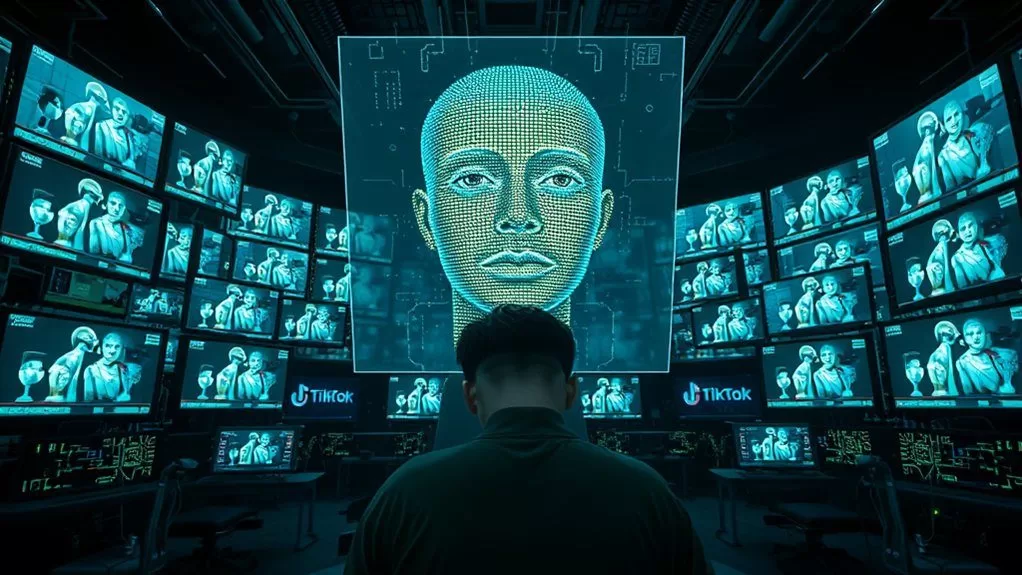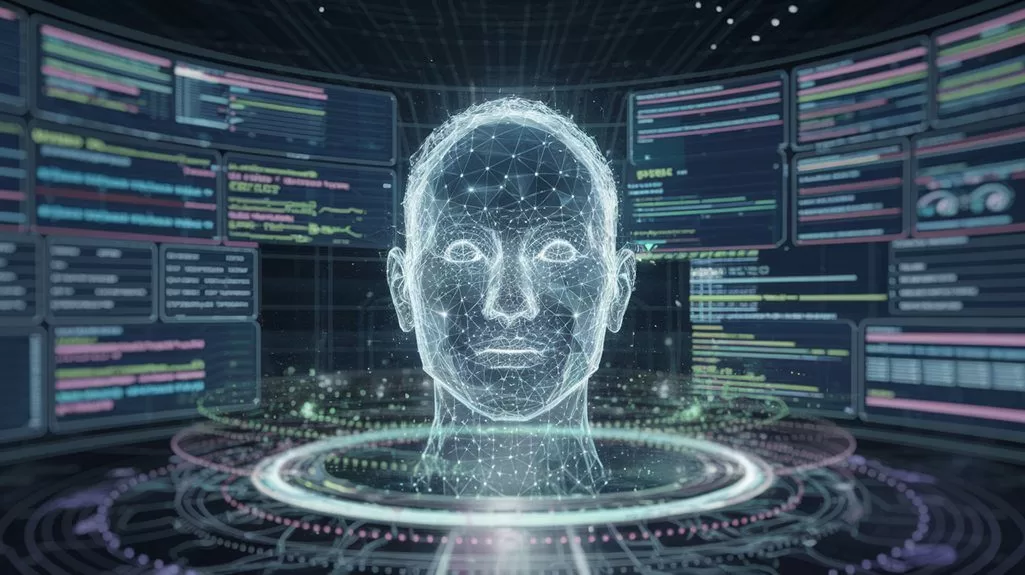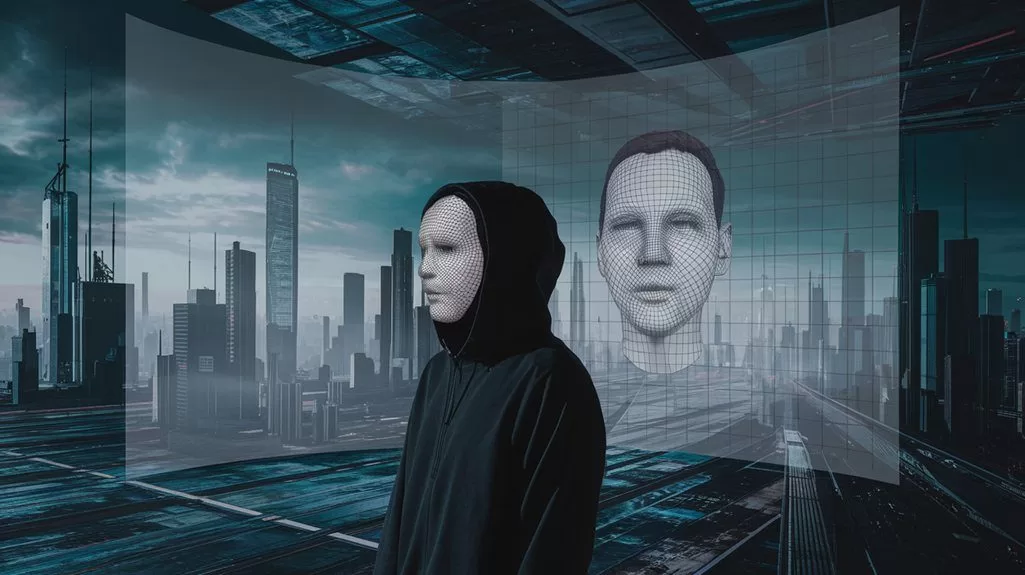AI deepfake scammers are cunningly exploiting TikTok's wellness obsession, selling sketchy health fads to its vast, young, impressionable audience. It's like a bad high school play with scary good actors who use tech wizardry to fake influencer endorsements. And users, hungry for authenticity, often gobble it up. Deepfakes, once a sci-fi novelty, now wreak havoc in our digital playground, eroding trust. One can only wonder what other shenanigans await under the surface.
Key Takeaways
- Scammers use deepfake technology to impersonate influencers promoting questionable wellness products on TikTok.
- Deepfake scams exploit TikTok's focus on wellness trends to deceive users with fake endorsements.
- AI-generated deepfakes blur the line between authentic and fraudulent content, gaining user trust.
- The affordability and accessibility of deepfake tools enable scammers to create convincing personas.
- Rapid spread of misinformation on TikTok leads to significant financial losses for victims.

How did TikTok become a playground for AI deepfake scammers? It's simple. The platform's vast user base, particularly among the young and impressionable, combined with its obsession with wellness trends, made it a prime target. Here, deepfake technology finds its perfect stage, seamlessly blending into the digital noise. The allure of deepfake authenticity captivates users who crave genuine content, yet ironically, it is this very craving that scammers exploit.
Deepfakes employ sophisticated AI and machine learning techniques to create convincing synthetic media. They mimic human likeness with unnerving accuracy—facial expressions, voice patterns, you name it. All this, now accessible to virtually anyone. Scammers, never ones to miss a trick, leverage this tech to impersonate influencers, producing fake endorsements that seem all too real. It's a scammer's dream come true. The scams have expanded globally, targeting audiences in multiple languages such as Spanish, German, and French, indicating the adaptability of cybercriminals in exploiting various markets. Researchers have discovered that many influencers promoting questionable wellness products are actually AI-generated personas.
Deepfakes make impersonation easy, crafting eerily real influencer clones for scam artistry.
TikTok's wellness trends are like catnip. From miracle diets to magical elixirs, scammers concoct outrageous tales, often using formats like #storytime to push their dubious health products. The deepfake authenticity is both a marvel and a menace. On one hand, it's impressive; on the other, it's a con artist's paradise. Lip-syncing tools and voice cloning expand the possibilities, allowing scammers to create entire personas. The use of AI algorithms enhances the sophistication of social engineering attacks, making them more personalized and effective.
This isn't just about a quick buck; it's about crafting a believable facade. And with TikTok's rapid spread of information, these scams gain traction at a dizzying pace. Users see a well-known figure endorsing a product, and they believe. No questions asked. The irony? That figure might not even be real.
The economic and social impact is significant. Financial losses for victims, sure, but also trust erosion in digital influencers. Social media, once a trusted source of inspiration, now teeters on the edge of distrust. Misinformation spreads like wildfire, affecting economic stability and consumer confidence. All because someone decided to play god with AI.
Meanwhile, the technology becomes cheaper and easier to use. Costs range from $60 to $500, depending on complexity, making it affordable for even the smallest-time scammer. The skills required? Minimal. The damage? Considerable. A crisis of misinformation brews as distinguishing fact from fabrication grows increasingly difficult.
It's a jungle out there, folks, where the line between reality and fiction blurs, and the consequences linger long after the initial thrill fades. Welcome to the world of AI deepfake scams on TikTok—a digital Wild West where authenticity is just another illusion.
References
- https://blog.avast.com/ai-is-fueling-a-surge-in-tiktok-scams
- https://www.dhs.gov/sites/default/files/publications/increasing_threats_of_deepfake_identities_0.pdf
- https://www.fastcompany.com/91293104/deepfake-scammers-are-hijacking-tiktoks-wellness-craze-to-sell-dubious-health-products
- https://www.bridgeinteract.io/blog/healthcare-cybersecurity-deepfake-scams/
- https://unit42.paloaltonetworks.com/dynamics-of-deepfake-scams/









